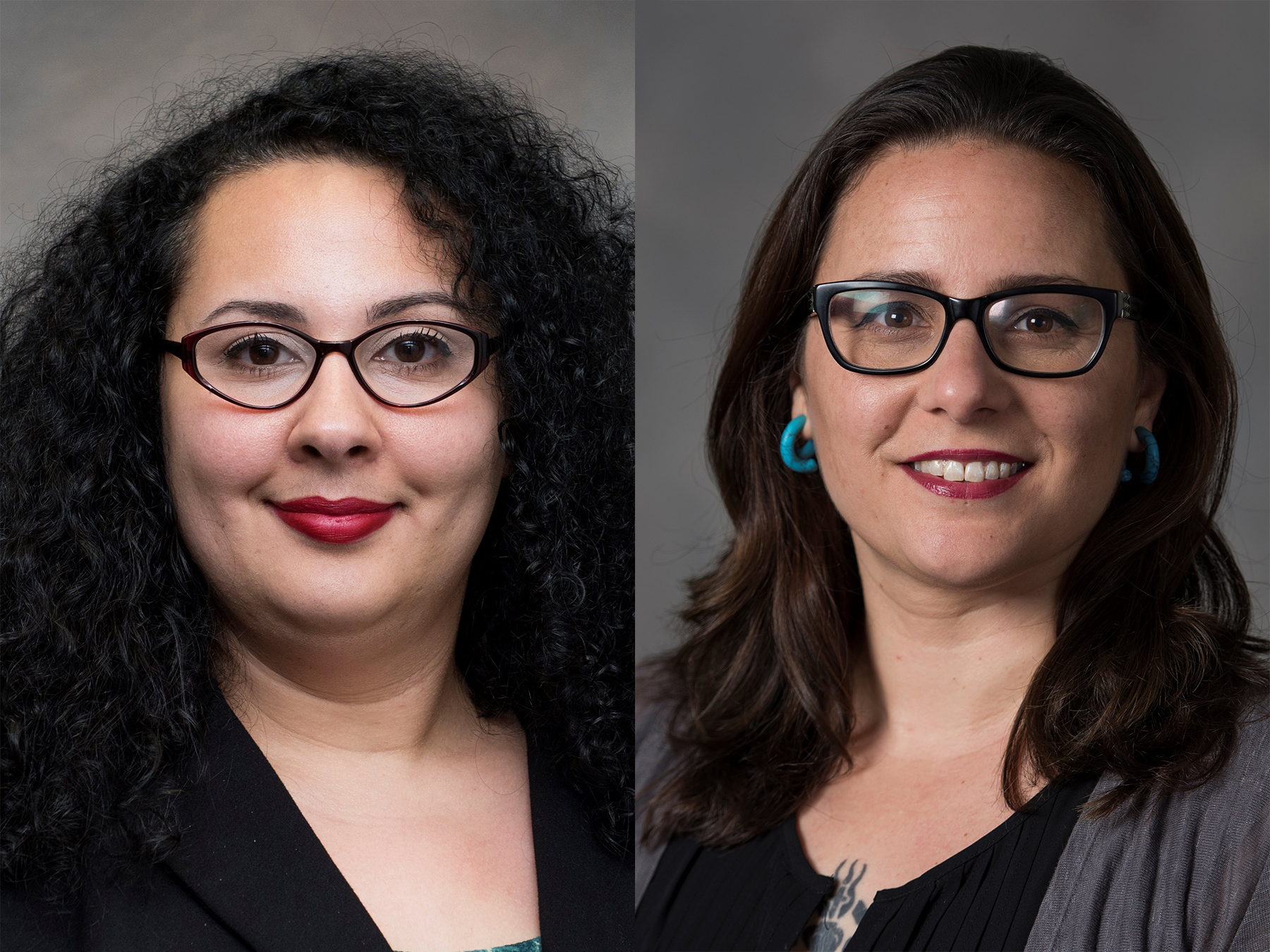Assistant Professor Taleed El-Sabawi at Elon Law, and Assistant Professor Jennifer Carroll in Elon University’s Department of Sociology and Anthropology, have been selected for a program funded by the National Institute on Drug Abuse and the Justice Community Opioid Intervention Network Coordinating and Translational Center.
If you illegally sell or deliver drugs to someone, and you know that you could be charged with second-degree murder should that person die of an overdose, how might that change your behavior?
More broadly, does North Carolina’s “death by distribution” law help reduce the overall risk of fatal overdoses? What roles do drug-induced homicide laws elsewhere in the United States play in promoting public health?
An Elon Law assistant professor is partnering with a research mentor on Elon University’s main campus to answer these questions as part of a prestigious national program aimed at supporting researchers involved with the health and criminal justice systems.
Assistant Professor Taleed El-Sabawi at Elon Law, and Assistant Professor Jennifer Carroll in Elon University’s Department of Sociology and Anthropology, have been selected to serve as an independent investigator and research mentor, respectively, in a research training program funded by the National Institute on Drug Abuse and the Justice Community Opioid Intervention Network Coordinating and Translational Center.
The research training program begins in early April at the Academic and Health Policy Conference on Correctional Health set to be held in Raleigh.
Drug-induced homicide laws, including the one in place in North Carolina, have been criticized by public health experts as well-meaning but ill-fated measures likely to worsen rates of opioid overdose. Carroll’s research supports the criticism and El-Sabawi’s background in legal, regulatory, and litigation strategies in response to the ongoing opioid overdose crisis complements Carroll’s scholarship.
During a two-year period, the program will emphasize research proposal writing, grant management, mentorship and advanced research skills needed to be successful in criminal justice settings, concluding with opportunities to secure research funding that is available on a competitive basis.
“I’m excited about the opportunity to learn from a colleague whose experience working with grants from the National Institutes of Health will help me grow as a scholar,” El-Sabawi said.
El-Sabawi has a Doctor of Philosophy in Public Health, Health Services Management and Policy. She practiced law in California and Nevada after earning her law degree from the University of Texas School of Law, where she was articles editor of the Texas Journal on Civil Liberties and Civil Rights. El-Sabawi graduated magna cum laude from the University of Southern California with a Bachelor of Arts in psychology.
Her research focus is in the areas of mental health and addiction policies, with particular attention to the intersection of drug policy, health law, and legislation, especially legislative responses to the opioid crisis.
Carroll is a medical anthropologist, research scientist, and subject matter expert on substance use and public health interventions to prevent overdose.



